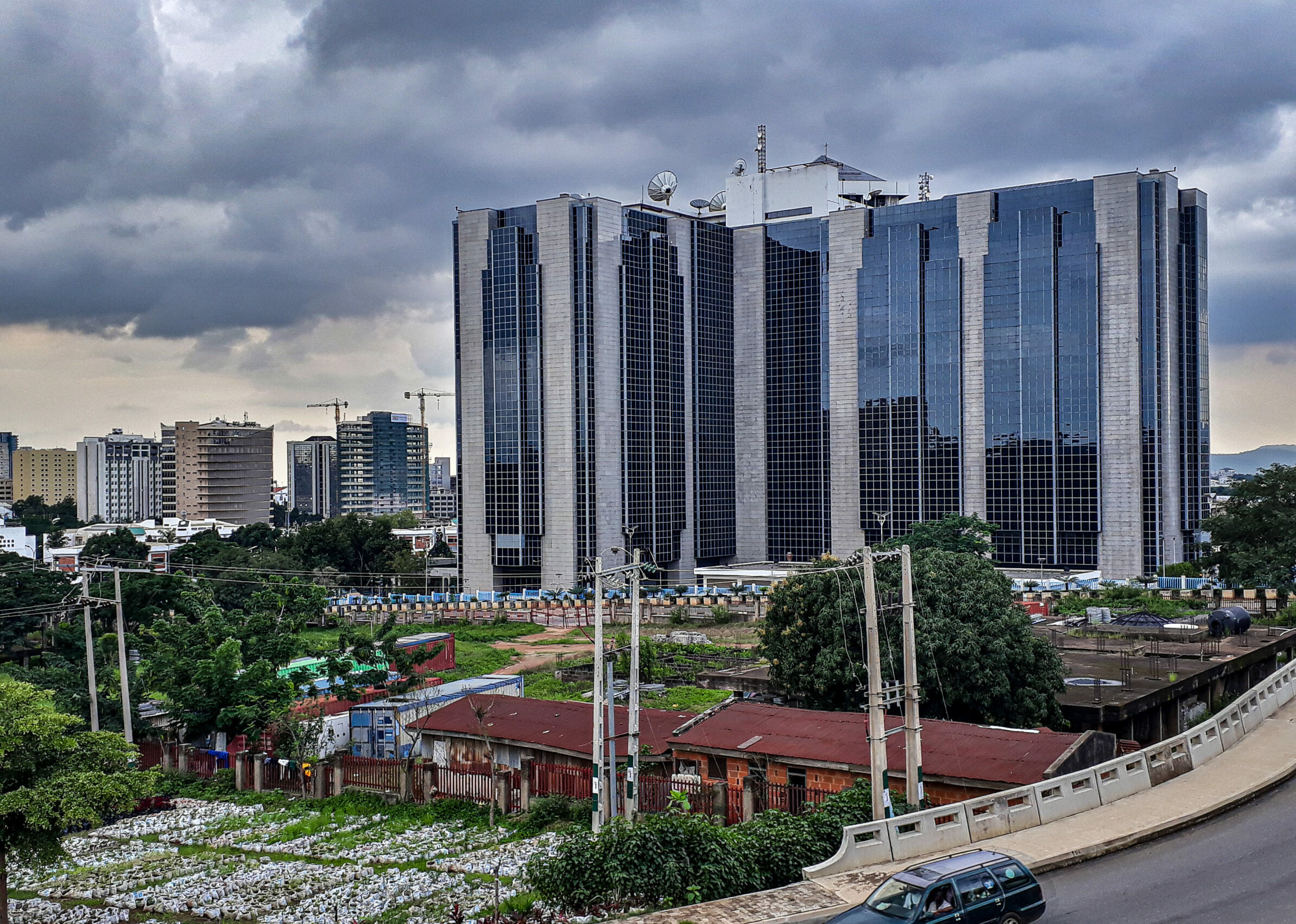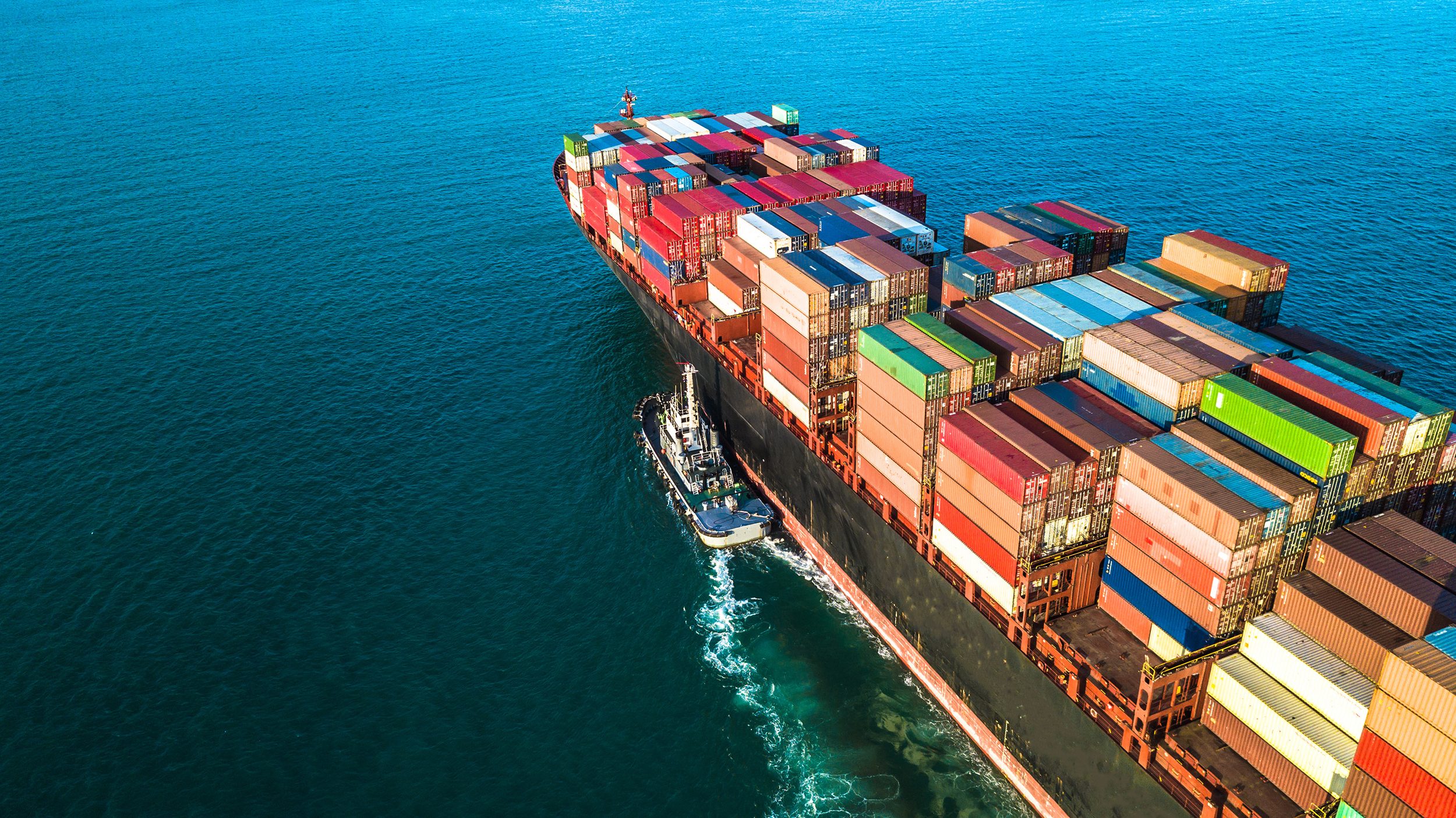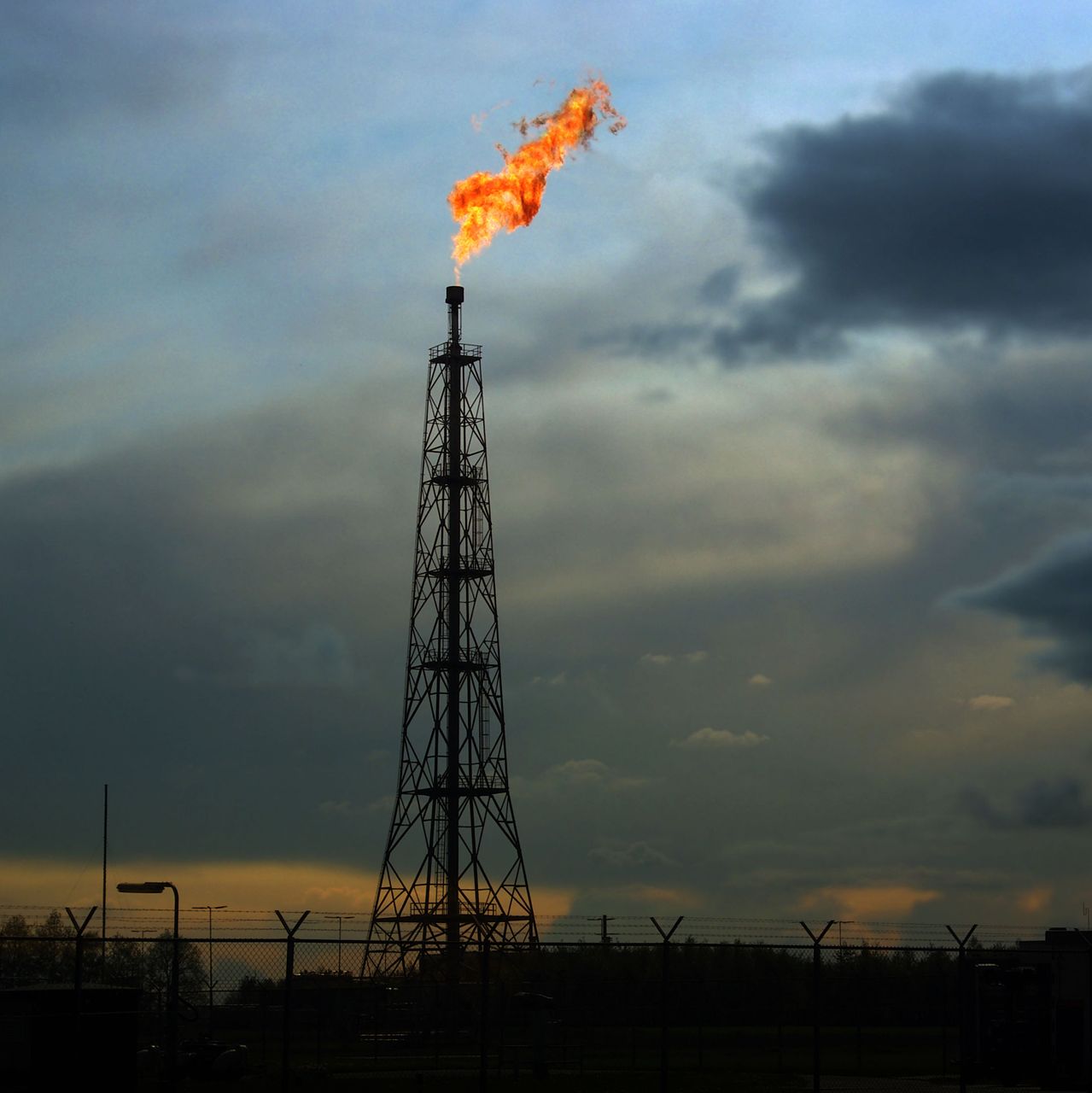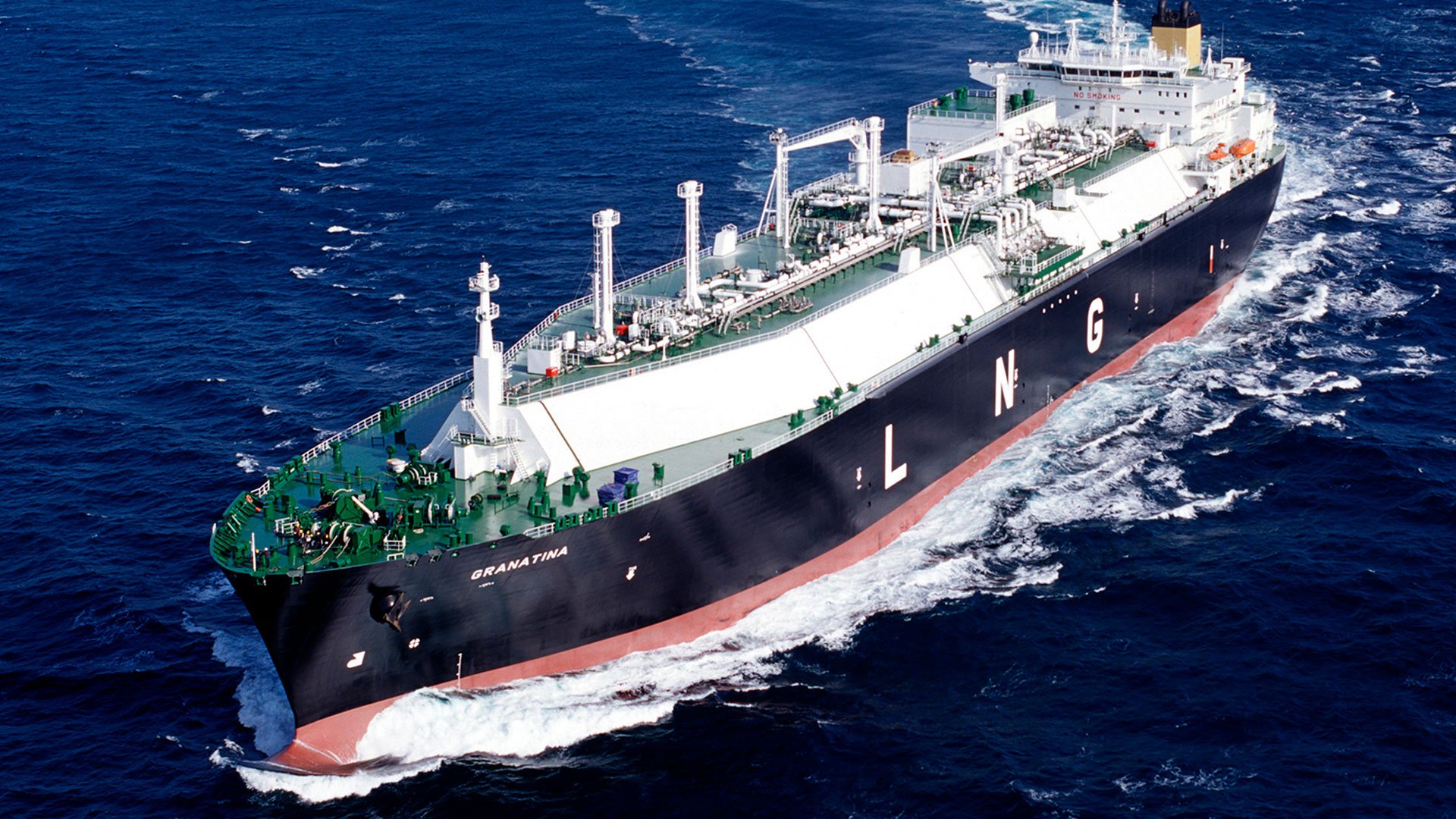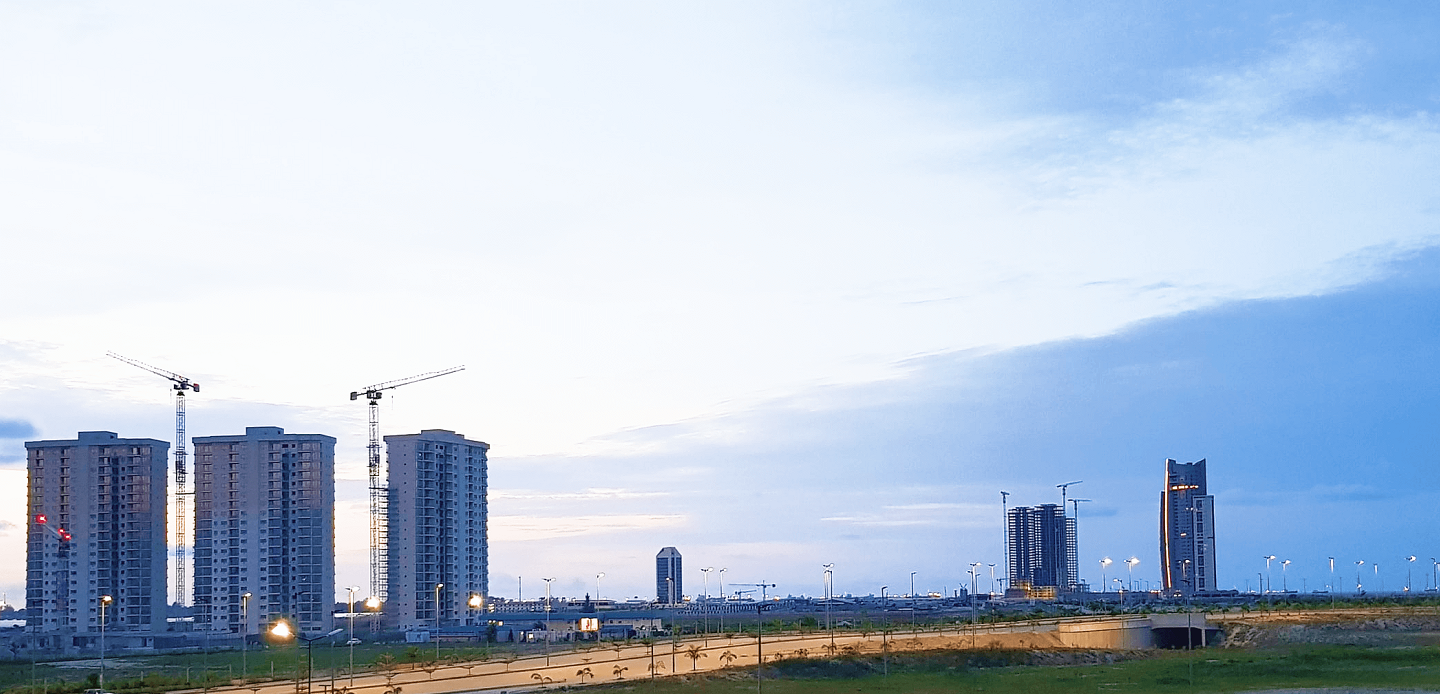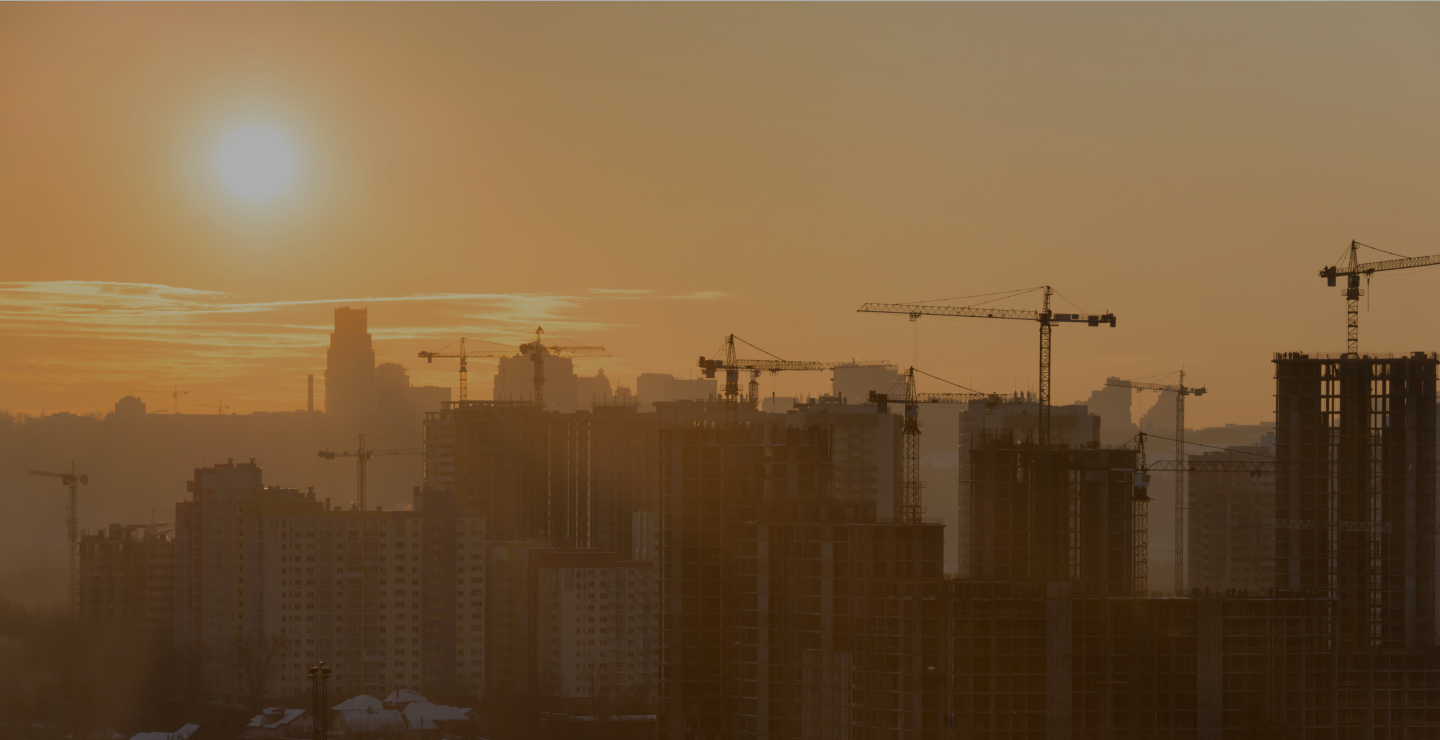In 2024, exchange rate volatility has reached unprecedented levels. With unprecedented erosions of Naira values against foreign currencies particularly, the US Dollar, GBP Sterling and the Euro. Februry
At the commencement of the term of the current government in May 2023, the Central Bank of Nigeria (CBN) as a key part of the new government’s economic policy measures, annouced changes to the way the country’s foreign exchange market would work. Foreign currencies are to be bought and sold at rates determined by the market and not by the Central Bank.
This signaled an intention of the government to allow market forces to determine the value of the Naira. The intentions were very well placed in view of the prevailing regime of multiple exchange rates in the previous government in 2015 – 2023.
Under the multiple exchange rate regime, foreign and domestic investor confidence had been eroded which induced foreign exchange rate volatility. In June 2023, the International Monetary Fund (IMF) repeatedly called on Nigeria to end its multiple rate regime. The huge gap between the official and unofficial rates caused severe shortages of foreign exchange by discouraging supply from official sources.
This has had major inflationary implications on the Nigerian economy as well as severe adverse effects on Foreign Direct Investment (FDI)
What is the genesis of the volatility and are there solutions in sight?
BACKGROUND
THE FOREIGN EXCHANGE MARKET
This is not the first time Nigeria will be liberalising its foreign exchange market. The first was in 1986; further efforts followed in 1995, 1999 and 2016. All were marred by various impediments in implementation.
In 2016, the float was half-hearted. The Governor of the CBN stated then that the government would retain the official rate for “critical transactions”. The intention also was for the CBN to intervene regularly according to the dynamics of the market as the market continued to evolve steadily and as more money was expected to come into the country.
The float became official in June 20, 2016, and the Naira, of course, tumbled to ₦280/$1 just 1 day later. The black market however responded more favourably, moving from ₦347/$1 to ₦337/$1. The CBN was optimistic that official and black markets would merge and the naira would settle around ₦250/$1.
In truth it was never really a float. The official window for “critical transactions” was never defined and the Naira did not rise and fall as it should in a free market.The 2016 naira float policy did not meet a ready and able market that Nigerians could leverage, and foreign exchange speculators took every opportunity to create bubbles in the market which eventually led to Naira rates dropping further.
By 2017, the Naira went up to ₦300/$1, and the black market did not merge with interbank rates as hoped. It reached an all-time low of ₦525/$1.
From 2015 – 2023, multiple exchange rates signaled a dysfunctional economy. It eroded investor confidence and induced foreign exchange rate volatility. In June 2023, the International Monetary Fund (IMF) repeatedly called on Nigeria to end its multiple rate regime. The huge gap between the official and unofficial rates caused severe shortages of foreign exchange by discouraging supply through official channels and encouraging bad actors to exploit tand widen the gap between the exchange official and parallel rates
FOREIGN DIRECT INVESTMENT (FDI)
The last two decades have seen a steady drop in FDI and this together with the foreign exchange volatility is attibutable to a variety of problems in the Nigerian business environment including certainy of regulation
The United Nations Conference on Trade and Development (UNCTAD) cited as the base cause, the global economic recession which had exposed Nigeria to various macroeconomic instabilities as the cause of the dip in investment flow into the country. According to the National Bureau of Statistics (NBS), Nigeria had experienced a steady decline in FDI since 2008 when the world experienced an economic global meltdown. However, before the economic meltdown, the growth of foreign direct investment in the country has had a mix trend. In this regard, although both have witnessed a declining trend, one must identify a clear dichotomy between FDI in the oil sector and FDI in the non-oil sector with the former being more resilient than the latter due to the fact that earnings are in hard currency.
A survey report from the studies by the United Nations Conference on Trade and Development (UNCTAD) indicated that FDI inflows to Nigeria fell by 27 percent i.e. from $4.7bn recorded in 2014 to $3.4bn achieved in 2015.
From 2015-2023 and coupled with the effect of COVID, the level of non-oil FDI has dropped significantly and become a major concern with notable subsidiaries of multinationals such as Paterson Zochonics (PZ) Nigeria Plc (subsidiary of PZ Cussons Plc), a 124 year old Nigerian company and a major British manufacturer of personal healthcare products and consumer goods moving to delist its shares from the Nigerian stock exchange in 2023 due to foreign exchange challenges. Another notable example is Glaxo Smith Kline (GSK) Nigeria Plc (subsidiary of GSK a global pharmaceuticals company) deciding to cease doing business in Nigeria,
CURRENT SITUATION
Due to the absence of local production and the recent liberalisation of commodity imports, the IMF in its “Post Financing Assessment and Staff Report” of Febraury 2024 has warned that Nigeria faces a risk of a 33% currency depreciation in 2024 which could lead to a massive surge in inflation, reaching a peak of 44% in 2024.
The three key problems that afflict Nigeria’s foreign exchange market are the lack of transparency, foreign exchange shortages and volatility.
Shortages occur mainly because about 90% of Nigeria’s foreign exchange earnings come from the oil sector and 60% of government revenue come from the oil sector. Since the sharp drop in oil prices in 2020 (and even though oil prices have become more robust since 2021 to date) the foreign exchange market has remained volatile with considerable increases in foreign exchange demand in a predominantly import based economy.
To make matters worse, much of the foreign exchange from non-oil sources (such as diaspora remittances, tourism and export of non-oil products) is channelled through the black market and not through the banking system.
However there are two perspectives that must be taken in addressing the problem, the first is the long term perspective and the second is the short term perspective, both of which must immediately be embarked upon simultaneously.
LONG TERM PERSPECTIVE
The long term solutions to the foreign exchange problem remain heavy public and private sector investment in:
- Addressing the infrastructure deficit Nigeria suffers such as the lack of stable and comprehensive electricity power in urban and rural areas; comprehensive and integrated road, rail water transportation for persons and goods;
- Health care
- Educaition
- Local raw materials development in the agro-allied industires and the oil, gas and solid minerals sectors
- Import substitution by the development of local manufacturing based on local raw materials particularly for food production and the manufacture of and production of machinery, components and finished goods which are presently being imported
However, these are long term solutions, which require consistent planning and policy implementation by successive governments.
SHORT TERM PERSPECTIVE
The short term perspective is of immediate importance due to the highly inflationary impact the devaluation of the Naira is having on the Nigerian economy, The last seven months have seen extraordinary and unprecedented volatility with the exchange rates dropping weekly and even daily.
The government has, in a bid to assuage public concerns sought to address the spikes in demand for foreign exchange by a basket of short term solutions.
Amidst calls for the federal government to tighten up monetary policy by increasing interest rates thus curbing inflation, the government is currently in a bid to reduce the spikes in the demand for foreign exchange. In furtherance of this, the government is identifying potential problem areas in government activities as well as, intervening in the official foreign exchange market and in the parallel market.
Problem Areas
Addressing revenue leakages
The leakages from the oil sector stemming from a lack of tranparency in the governance of the sector have led to hard currency revenue leakages. This includes a lack of proper oversight of Nigerian share of crude oil allocations under contracting arrangements with the International Oil Companies, exposing such crude oil to unlawful third party actors and the syndicated theft of crude oil.
The activities of state governments after the disbursement of money by the Federation Account Allocation Committee (FAAC) have also come under scrutiy. Such actions have contributed to the depreciation of the naira, according to data and interviews with people familiar with the matter.
It has been discovered that portions of the funds from FAAC were often changed to dollars by some governments at the parallel market, putting more pressure on the naira.
An analysis shows that from July 2023 to January 2024, the Naira depreciated in six months immediately in the parallel market after the FAAC shared money to the federal, state and local governments.
With the removal by the Federal Goverenment of fuel subsidies, more volumes of naira are being shared by the federal, state and local governments and some of these monies are changed to dollars at the parallel market.
Interventions in the Official Market
In a series of guidelines recently, the CBN ordered Deposit Money Banks to sell their excess dollar stock and maintain certain level of prudential thresholds.
The new guidelines provide that the Nett Open Position (NOP) limit of the overall foreign currency assets and liabilities of banks shall not exceed “20% short or 0% long of shareholders’ funds”. The apex bank said the move was due to concerns over the growth in foreign currency exposures of banks through their NOPs.
Delaying Oil Company Remittances
In a move aimed at stabilising the naira, the Central Bank of Nigeria (CBN) has announced a new policy restricting international oil companies (IOCs) from repatriating 100 percent of their foreign exchange proceeds abroad immediately.
The policy, which takes effect immediately in February 2024, limits IOCs to repatriate only 50 percent of their proceeds immediately while the other 50 percent will be repatriated 90 days from the day of inflow.
Policing Foreign Exchange Racketeering
The federal government is also seeking to disrupt and prevent currency racketeering, foreign exchange rate manipulation, money laundering and the financing of terrorism by stopping the proliferation of unregulated transactions.
As a number of transactions are being done through Bureaux De Change (BDC), the federal government has through the CBN unveiled a set of regulatory guidelines titled “REVISED REGULATORY AND SUPERVISORY GUIDELINES FOR BUREAU DE CHANGE OPERATIONS IN NIGERIA”
- BDCs shall be divided into two tiers, with different requirements for capital, presence, and locations.
- BDCs shall have a minimum capital of N2 billion for Tier 1 and N500 million for Tier 2, and other fees and deposits to be specified later
- Reporting requirments have been imposed on transactios over a minimum threshold of $ 10,000
The foregoing are included in a number of enumerated guidelines which are aimed at bringing BDCs under a similar supervisory and regulatory oversight as banks.
The CBN will expect these measures to have an immediate impact on the foreign exchange market.
Our Corporate, Foreign Investment and Capital Markets Department at F.O. Akinrele & Co. will contine to monitor these developments closely.
